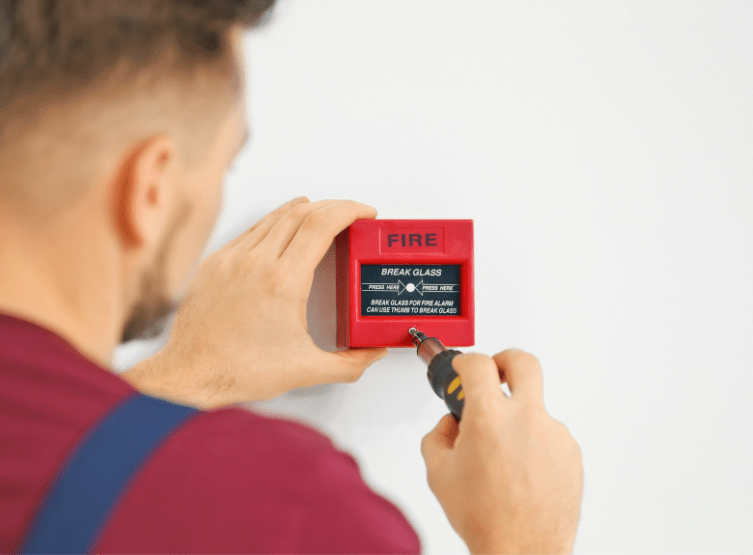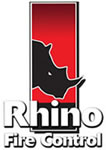
Why Should You Record All False Alarm Incidents?
False fire alarms are surprisingly common. According to official UK government statistics, in 2020 over 40 per cent of incidents that Fire and Rescue Services (FRSs) attended were false alarms. Not only do false alarms distract resources away from genuine emergencies, but they also disrupt production in food manufacturing facilities, leading to unforeseen downtime and delays.
Why Do False Alarms Occur?
There are numerous reasons why false alarms occur. Logging the instances of false alarms on your premises will help you to identify patterns in alarm triggers and uncover the underlying cause of false alarms. This could be a mechanical fault that is easily resolvable with the right hardware maintenance. It could be a design fault that is remediable by adjusting the layout of your fire alarms, or the alarms could be triggered by certain working practices in the vicinity of your fire detectors. Whatever the cause, monitoring and analysing your false alarms is the key to keeping instances to a minimum and, ultimately, to improving health and safety on your premises.
Identify System Faults Promptly
Maintaining a record of false alarm incident reports is critical to understanding and resolving problems with the operation of the alarm system. A few false alarms are unavoidable. However, if false alarms are frequent, or follow a noticeable pattern (for example, occurring in the same place or at the same time of day), it may be possible to isolate and identify the root of the problem so that it can be resolved quickly.
Ensure Your Business Is Compliant
False alarm reports can enable the appointed Responsible Person to check whether your business complies with fire alarm legislation. Failing to observe current regulations could result in action against your business, leading to fines and reputational damage. By keeping a log of false alarms, you will be able to identify whether action is required to improve your business’s compliance to ensure a safer working environment for your staff.
Review Your Business’s Preparedness
When a fire alarm sounds, all personnel and visitors should evacuate the building and follow the fire action plan, of which everyone must be aware. A trained member of the team, such as a fire marshal, should then establish whether a blaze has started and summon the Fire and Rescue Service (if it has not been automatically notified). Keeping a record of false alarms can help you review the fire action plan to improve safety, determine whether it has been followed, and whether all relevant standards and fire safety legislation have been met.
Eliminate Unnecessary Fire And Rescue Service Callouts
As well as detailing the date and time, cause, and category of each false fire alarm, a record should also state whether your local Fire and Rescue Service attended. This will enable you to establish a pattern of false alarms so that the FRS can be informed quickly if a false alarm occurs in future, allowing the controller to call off the response and keep their crews available for genuine emergencies.
Contact Us To Find Out More
At Rhino Fire Control, our expert team is on hand to provide comprehensive fire alarm maintenance to ensure your system is in optimum condition, thereby reducing the likelihood of false alarms.
To find out more about our services, please call us on 01278 422705 or send us an enquiry and we will be pleased to assist you.
Source: Canva


.png?width=230&height=56&name=Speak%20To%20An%20Expert%20button%20cta%20(1).png)

